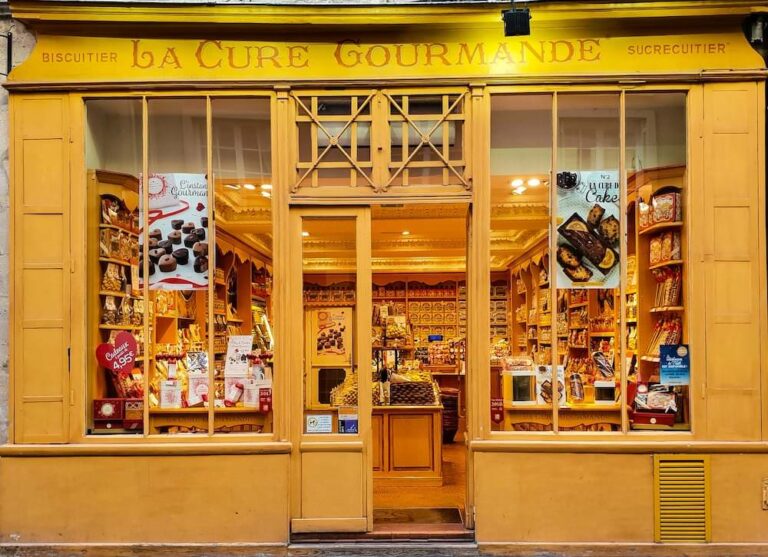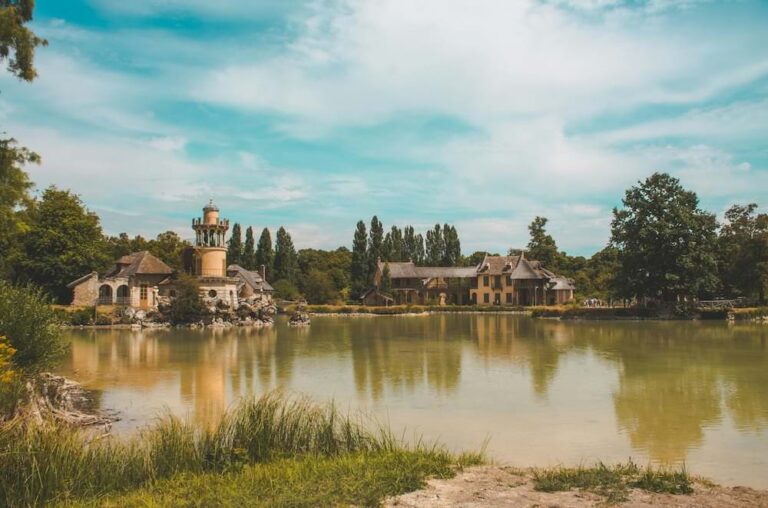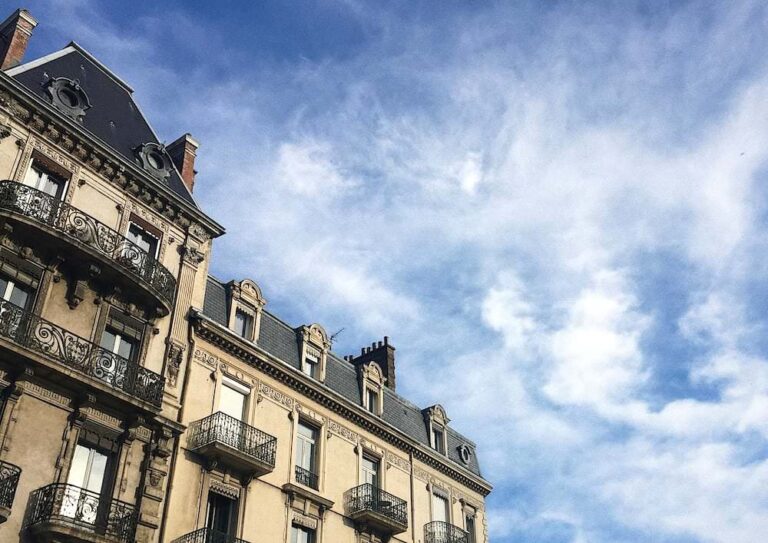Irregular verbs update
The article with the list of important irregular verbs in French has just been updated. New information has been added. Errors have been corrected. If you haven’t already read it, it’s worth checking out. I suggest you memorise at least the first nine (9) verbs on the list. These are être, avoir, faire, aller, venir, devoir, pouvoir, vouloir and savoir.
Read the article at this link.






